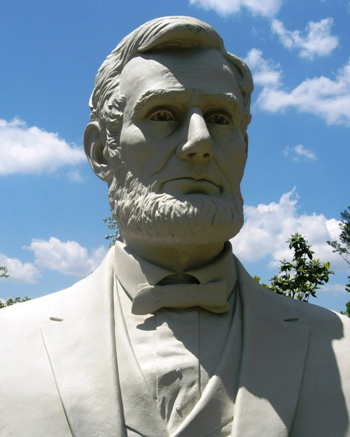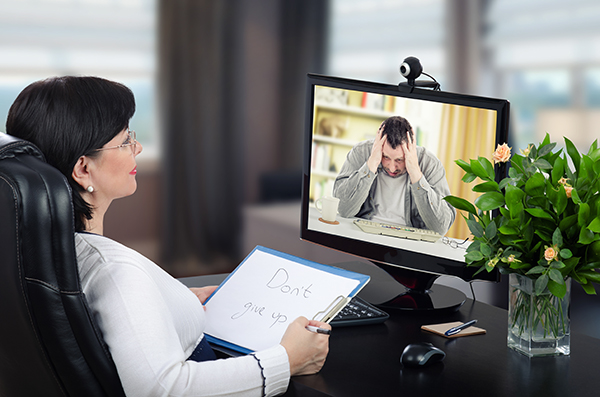What Would an Ethical Counselor Do?
Posted on May 28, 2020
We all believe we are ethical. However, in 1985, I graduated with a masters degree in counseling without ever taking a class in the ethics of counseling. I went out in the world to work as a counselor in supervised agency settings. The policies and procedures of the agency governed much of my behavior, but I made ethical mistakes without realizing it. For example, I became friends with a man in one of my groups, talked to him about buying a used car from him and we had dinner together one evening. When I subsequently called him at home and his girlfriend answered, I was confused by her critical comment to me, "You sure don't seem to understand ethical behavior!"

I had always considered myself to be a very moral person--guided by what I believed was normal behavior among "good" people. I drew on the example of my father, who was the owner of a drug store in a small Nebraska village and worked in the store as the professional pharmacist. In that capacity, he was both a source of advice and confidant of many (most?) of the people in town. He certainly felt free to have lunch or dinner with any one of his customers or to buy a car from one of them.
It was only later--when I took my first course in counselor ethics as part of my counselor continuing education--that I discovered that counselors, especially in an urban setting, are guided by standards that the general public might consider strange and unreasonable. Basically, counselors are seen to have an unequal relationship with the clients who have confided in them. Counselors are therefore ethically prohibited from doing business with their clients in most circumstances (because that creates a confusing "dual-relationship".)
It helps that now Washington State counselors are required to take ethics courses on a regular, recurring basis--but there are still counselors making terrible mistakes in judgment.
I invite counselors and the public to send examples of situations that would help counselors and clients to better understand professional counseling boundaries. Perhaps other counselors will have stories to share anonymously. Stories with good ethical content will be presented on these pages.
To the counselor, client or interested member of the public -- Please feel free to email your feedback regarding any of the published counseling situations on this page OR to submit an ethical situation or question of your own. Submissions may be edited for reason of clarity or length.
Related Link: Ethical vs. Unethical Counselor
SEE ALSO:
More Additional Resources
Sexual Bias Articles
Race Relations Articles
Mental Health Articles
How Drugs and Alcohol Affect the Brain and Body
WA. Counselor Directory: find a therapist near you
How helpful is this web page to you?
(and how can we can improve this page for you?)
not helpful
very helpful
Other Articles
Forensic Psychological Evaluation
Forensic psychology is a clinical psychology specialty which intertwines the law with two types of professional services: (1) psychological evaluation and assessment to assist the defense or prosecution... read more
Obtaining New Counseling Clients
11 Mistakes to Avoid!
Obtaining New Counseling Clients 11 Mistakes to Avoid! I've heard that many new counselors would appreciate direction or feedback on the kinds of mistakes made by counselors that affect their abi... read more
Telehealth advice for Counselors.
Special Notice: Beginning January 1, 2021, health care professionals (excluding physicians) who are offering telemedicine services to patients, are required to complete telemedicine training. S... read more
Telemedicine is here to stay
It’s hard to imagine that the devastating pandemic we’re living through could possibly have a silver lining, but I think I’ve found one: telemedicine. Traditionally, health care has bee... read more




